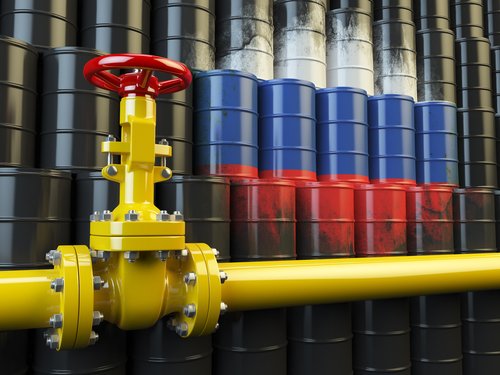Belgium, (Brussels Morning Newspaper) German Minister of Foreign Affairs Annalena Baerbock announced the country was prepared to support a gradual EU embargo on Russian oil.
In an interview with the ARD broadcaster on Sunday, she pointed out that Germany is preparing for the embargo in a way that would make it possible to maintain over the coming years, according to DW reporting on Monday.
Baerbock made the announcement after Robert Habeck, German Minister for Economic Affairs and Climate Action noted that the country could wean itself off Russian oil imports by autumn this year.
The Ministry stressed that this goal was “realistic,” with Habeck adding that Germany already lowered its dependency on Russian energy imports. He pointed out that Germany imports about 35% of its natural gas from Russia, followed by oil with 12% and coal with 8%.
Habeck says the move is necessary
Baltic EU member states have reduced their Russian energy imports and are pressuring Germany to follow suit, with EU energy ministers to discuss later today Russia’s decision to stop natural gas supplies to Bulgaria and Poland.
“All these steps that we are taking require an enormous joint effort from all actors and they also mean costs that are felt by both the economy and consumers,” Habeck pointed out.
He stressed that Germany’s plan to wean itself off Russian energy imports is “necessary if we no longer want to be blackmailed by Russia.”
According to the central bank of Germany, stopping Russian oil imports would cause GDP to drop roughly 5% and inflation to pick up the pace.
Baerbock stressed that Germany would only consider lifting sanctions against Russia after it fully withdraws from Ukraine.
The EU currently pays Russia about 780 million euros per day for natural gas and oil, with Germany the largest consumer of Russian energy in the EU.
The bloc recently decided to stop importing Russian coal from August and EU officials are to discuss a proposed embargo on Russian oil this week.
The payments for energy from the EU are helping the Russian economy, with DW stressing that the money from the bloc is greasing the Russian war machine.




